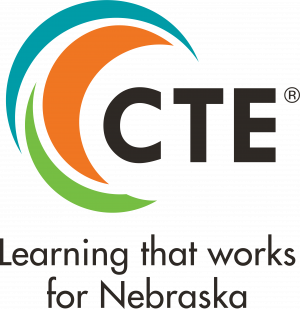Transitions for All Students
Career Development Supports Transitions for All Students
Throughout a student’s time in school, many changes or transitions occur. Students are to adapt to new teachers, new classrooms, new buildings, new schedules and responsibilities while at the same time master higher levels of academic difficulty. Students face challenges at each level of academic development, career development and social/emotional development while in school.
Schools can offer focused support to mitigate transition challenges by informing and preparing students of new expectations, how to adjust to new environments and navigate confidently to each new level toward college and career readiness. In fact, transitions is a part of school accountability in Nebraska.
What do you need to know?
The Nebraska Career Development model including self-awareness, career exploration and planning can directly fit into a transitions program toward college and career readiness. The model is complimentary to positive transitions for all students. Nebraska VR and NDE Special Education offer enhanced transitions services for students with disabilities. It is an effective strategy with intentional focus on strengths of students, then leveraging strengths to overcome obstacles standing in the way to achieving goals.
Seamless college and career transitions are essential for all however students with disabilities have more considerations. Individuals with disabilities will additionally need to plan for:
- Benefits planning in relationship to career choices
- Communicating their disability-related work support and accommodation needs
- How to find and formally request support or accommodations in education, training and employment settings
Nebraska VR staff will be available, in partnership with schools, to provide and supplement the following Pre-Employment Transition Services:
- Job exploration counseling;
- Workplace readiness training to develop social skills and independent living;
- Work-based learning experiences which may include in-school or after-school opportunities or outside the traditional school setting (including internships) are provided in an integrated environment to the maximum extent possible;
- Counseling on opportunities for enrollment in postsecondary educational programs at institutions of higher education; and
- Instruction in self-advocacy, which may include peer mentoring.






